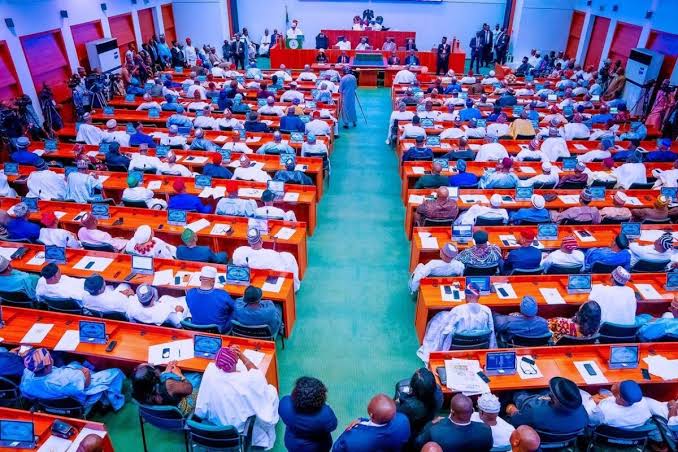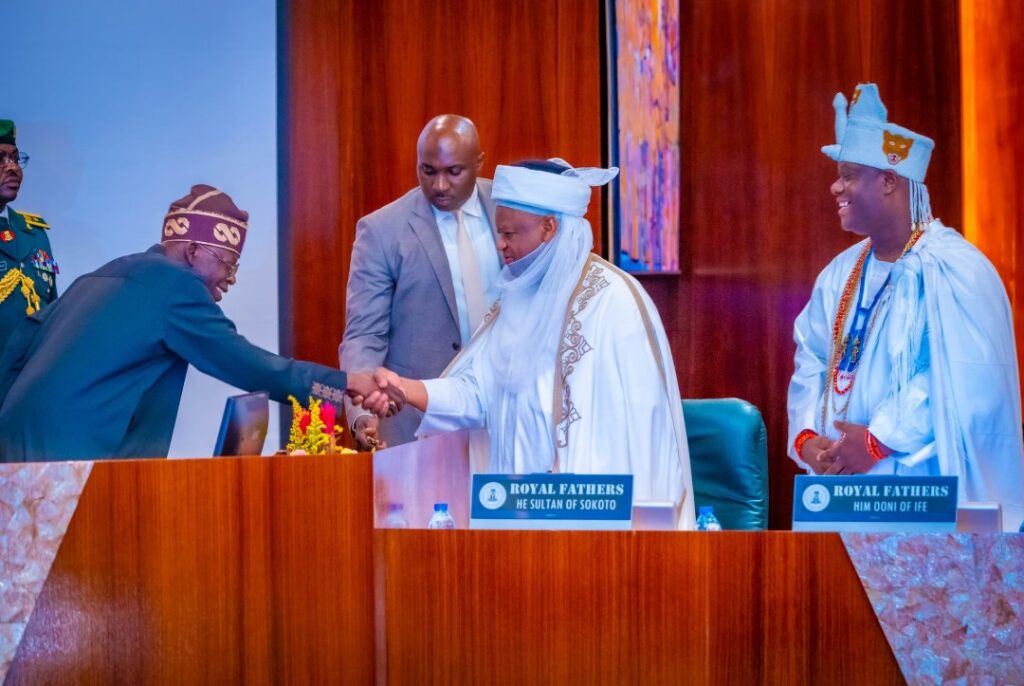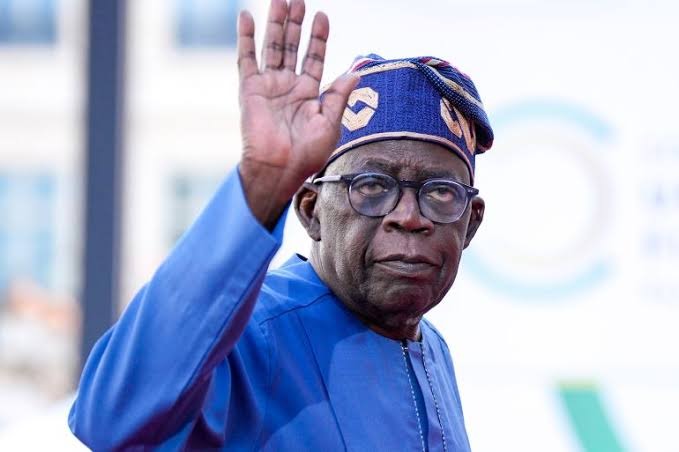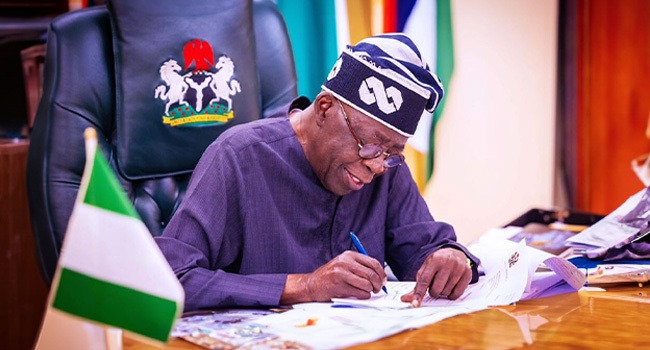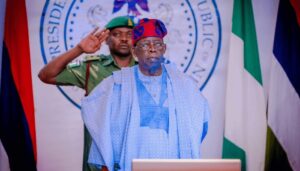A bill proposing the reinstatement of Nigeria’s former national anthem, “Nigeria, We Hail Thee,” has successfully passed its second reading in the Senate.
The bill, championed by Senate Leader Opeyemi Bamidele, has garnered significant support among lawmakers.
The bill has now been forwarded to the Senate Committee on Judiciary, Human Rights and Legal Matters for further review, with a report expected back within two weeks.
During a closed-door session, the lawmakers discussed the merits of reverting to the old anthem, emphasizing that it symbolizes unity, peace, and prosperity more effectively than the current anthem, “Arise, O Compatriots.”
They argued that the present anthem, introduced by a military decree in 1978, does not fully capture Nigeria’s democratic values and national integrity.
Proponents of the bill contend that reinstating the old anthem would foster a stronger commitment to nationhood and better reflect the country’s democratic ethos.
In a related development, the House of Representatives has swiftly passed the bill to revert to “Nigeria, We Hail Thee,” pushing it through the first, second, and third readings within minutes.
The Senate’s overwhelming support and the swift passage in the House of Representatives signal a significant step towards changing the national anthem, aiming to promote a unified national identity aligned with Nigeria’s democratic principles.
Nigerians Reacts
The rapid progression of the bill has sparked widespread curiosity and debate among Nigerians.



Many are questioning the urgency and underlying motivations of this legislative move.
The original anthem, “Nigeria, We Hail Thee,” was composed by British expatriate Lillian Jean Williams and set to music by Frances Berda, raising concerns about its colonial origins.
Critics are also questioning what issues lawmakers see with the current anthem, “Arise, O Compatriots,” which was created by Nigerians P. O. Aderibigbe, John A. Ilechukwu, Dr. Sota Omoigui, Eme Etim Akpan, and B.A. Ogunnaike, and set to music by Benedict Odiase. The current anthem has been lauded for its representation of Nigerian identity and aspirations.
Lawmakers argue that the current anthem does not realistically reflect Nigeria’s unity, peace, and prosperity, thus the push to revert to the previous version. However, public sentiment has been mixed, with many Nigerians expressing their opinions on social media platforms like Facebook and X (formerly Twitter).

